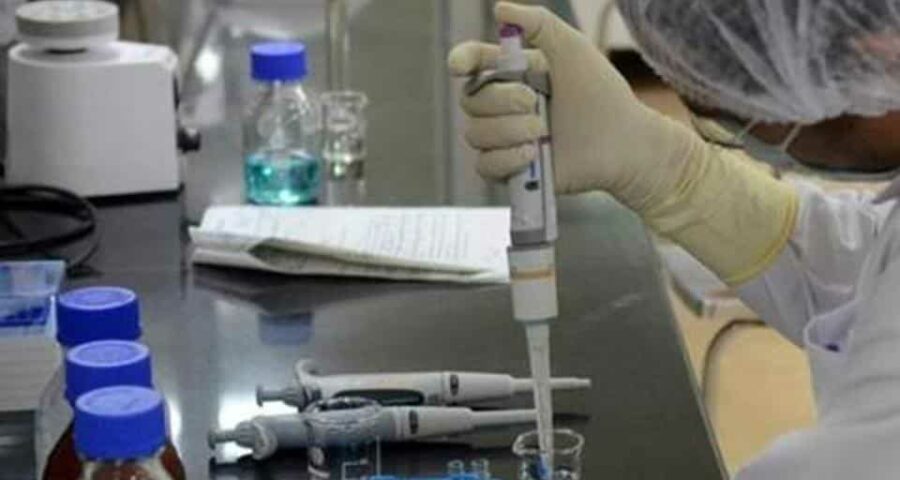A push for self-reliance in technology, enhanced funding for science, technology and innovation with an earmarked budget by states, gender and social audits in academic and professional organisations are some of the major takeaways of the draft STIP 2020 that aims to position India among the top three scientific superpowers in the decade to come. The draft Science, Technology and Innovation Policy (STIP) has been uploaded by the Department of Science and Technology (DST) on its website. The DST has also invited suggestions, inputs and comments for making changes by January 25.
The policy states that its aim is “to achieve technological self-reliance and position India among the top three scientific superpowers in the decade to come; to double the number of Full-Time Equivalent (FTE) researchers, Gross Domestic Expenditure on R&D (GERD) and private sector contribution to the GERD every 5 years; build individual and institutional excellence in STI with the aspiration to achieve the highest level of global recognitions and awards in the coming decade”.
The policy also envisages the formation of an STI Development Bank for direct investments on various long and medium-term projects in select strategic areas, commercial ventures, start-ups, technology diffusion and licensing.
It also aims to create an accountable research ecosystem, promoting translational as well as foundational research in the country in alignment with global standards.
The lesbian, gay, bisexual, transgender, queer (LGBTQ+) community will be included in gender equity conversations with special provisions to safeguard its members’ rights and promote their representation and retention in STI, the draft policy states.
The STIP will lead to the establishment of a National STI Observatory that will act as a central repository for all kinds of data related to and generated from the STI ecosystem. It will encompass an open centralised database platform for all financial schemes, programmes, grants and incentives existing in the ecosystem.
The draft policy says an all-encompassing Open Science Framework will be built to provide access to scientific data, information, knowledge and resources to everyone in the country and all who are engaging with the Indian STI ecosystem on an equal partnership basis.
A dedicated portal to provide access to the outputs of such publicly-funded research will be created through the Indian Science and Technology Archive of Research (INDSTA).
The policy also proposes to create pathways for the government to negotiate with journal publishers for a “one nation, one subscription” policy, whereby, in return for a centrally-negotiated payment, all individuals in the country will have access to journal articles.
It also talks about strategies to improve STI education, making it inclusive at all levels and more connected with the economy and that the society will be developed through processes of skill building, training and infrastructure development. It also proposes to establish education research centres (ERCs) and collaborative research centres (CRCs) to provide research inputs to policymakers and bring together stakeholders.
With an aim to expand the financial landscape of the STI ecosystem, each department or ministry in the central, state and local governments, public sector enterprises, private sector companies and startups will set up an STI unit each with a minimum earmarked budget to pursue STI activities.
“Each state will earmark a percentage of the state allocation for STI-related activities under a separate budget head. Foreign Multi National Companies (MNCs) will collaborate with domestic private and public sector entities on projects aligned to national needs and priorities,” the draft states.
It also proposes that hybrid funding models with enhanced participation from public and private sectors will be created through the Advanced Missions in Innovative Research Ecosystem (ADMIRE) initiative.
Research and Innovation Excellence Frameworks (RIEF) will be developed to enhance the quality of research along with the promotion of engagements with the relevant stakeholders. Proper guidelines will be formulated to enhance the operating and safety protocols related to research and development. The research culture will be reoriented to recognise social impacts along with academic achievements.
The DST, along with the Office of Principal Scientific Adviser, started the process of formulating the STIP 2020 last year. The policy was to be out by the year-end, but has been slightly delayed due to the coronavirus pandemic.
Source: Read Full Article

